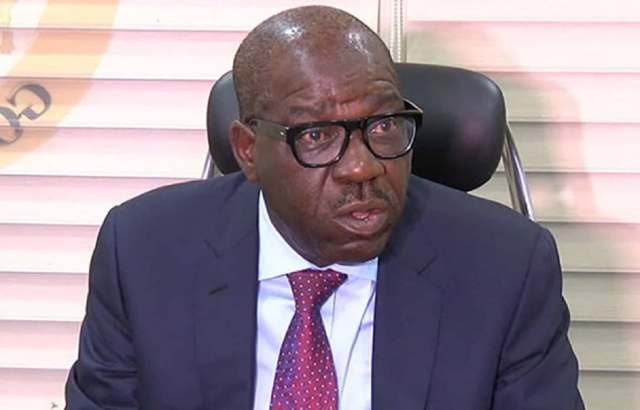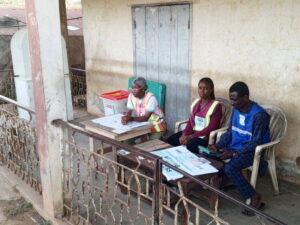Global shortage of vaccines will alter vaccination phases, says Fed Govt
Global scarcity and delay in vaccine supply to Nigeria may alter remaining phases of vaccination, the Federal Government stated yesterday.
In the government’s vaccination campaign strategy, there are four phases, of which the country is still in the first phase of the COVID-19 vaccination, which involves frontline health workers, other frontline workers and strategic leaders.
The government has, however, assured Nigerians who have taken their first dose of the AstraZeneca vaccine of their second jab, having directed states to stop COVID-19 vaccination once they have reached 50 per cent of their allocated doses to guarantee a second dose.
Furthermore, it said Nigeria is set to take delivery of 29.8 million doses of Johnson and Johnson COVID-19 vaccines from the African Union, even as it expects additional vaccines from COVAX in June.
Executive Director of the National Primary Health Care Development Agency (NPHCDA), Dr. Faisal Shuaib, made these known in Abuja, during the briefing of the Presidential Steering Committee (PSC) on COVID-19.
He said: “I am pleased to inform you that as at April 26, 2021, 1,173,869 Nigerians, representing 58.3 percent of the eligible persons targeted in this current phase, have received their first dose of the AstraZeneca vaccine.
“Notwithstanding the above successes, we are aware of the global scarcity of COVID-19 vaccines due to high demand, especially in countries where the vaccines are being produced. We, therefore, anticipate a delay in vaccine supply to Nigeria, which may also affect and impact the remaining phases of the vaccination campaign.
“However, in response to the anticipated delay, the Federal Government has rationalised the vaccination exercise by preserving 50 per cent of available doses of the vaccine for administration of the second doses. Each state of the Federation, including FCT, is currently administering only 50 per cent of their allocated doses of vaccines. The remaining 50 per cent will be administered to clients who had earlier received the first dose and this would be scheduled between 8 – 12 weeks from the date of their first dose. Data from this exercise are being uploaded and updated by states on the Electronic Management Platform.
“Furthermore, the Federal Government has signed off to receive up to 29.8 million doses of the Johnson & Johnson COVID-19 vaccine through the African Union (AU). We are also expecting deliveries of vaccines through the COVAX facility by the end of May or early June 2021. By this time, we would have completed the process of administering the second doses of the AstraZeneca vaccine to those who got the first dose. In the meantime, NAFDAC is continuing discussions with manufacturers and examining their vaccines, in anticipation of Emergency Use Listing from the World Health Organisation (WHO).
“We hope that these will mitigate the negative concerns about the delayed deliveries of AstraZeneca vaccines, thereby ensuring the sustained supply of vaccines for smooth continuation of our vaccination exercise.”
He added: “So far, we have documentation of Adverse Events Following Immunization (AEFI). There have been 8,711 cases of mild AEFIs, while there have been 52 instances of moderate to severe AEFIs. Kaduna, Cross River, Yobe, Kebbi and Lagos continue to lead other states in terms of the numbers of cases.
“To further strengthen vaccine security and accountability, we are deepening our collaboration with the Independent Corrupt Practices and Other Related Offences Commission (ICPC) and the Economic and Financial Crimes Commission (EFCC). Our partnership in this regard is also aimed at further curbing cases of vaccine mismanagement and other anticipated sharp practices at the vaccination sites.”













Post Comment